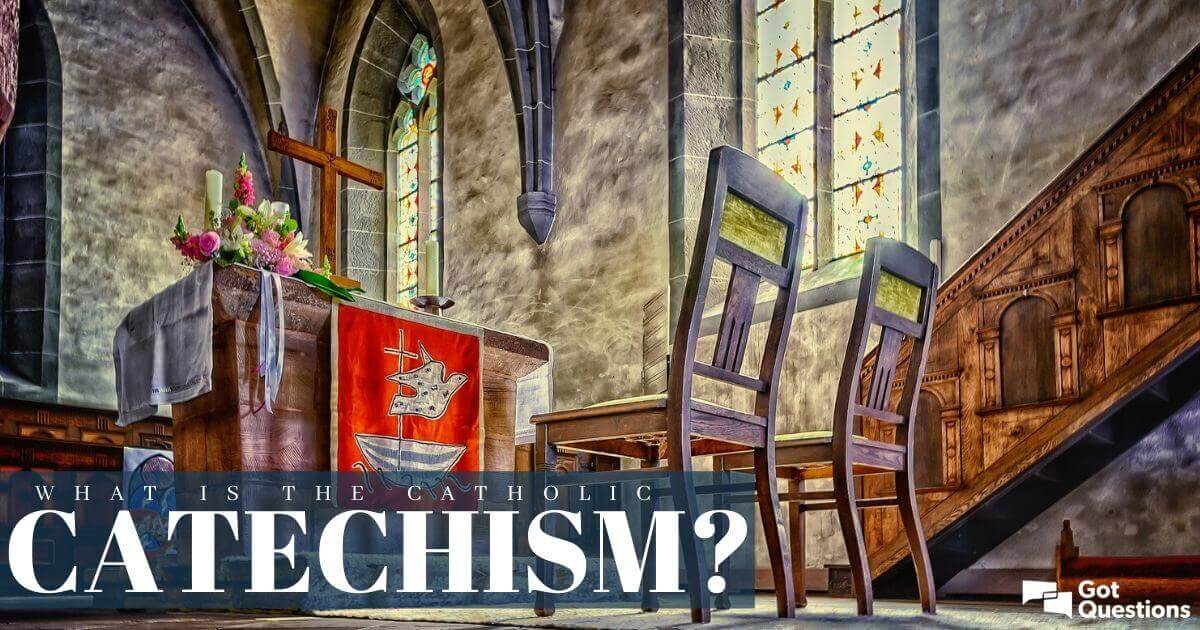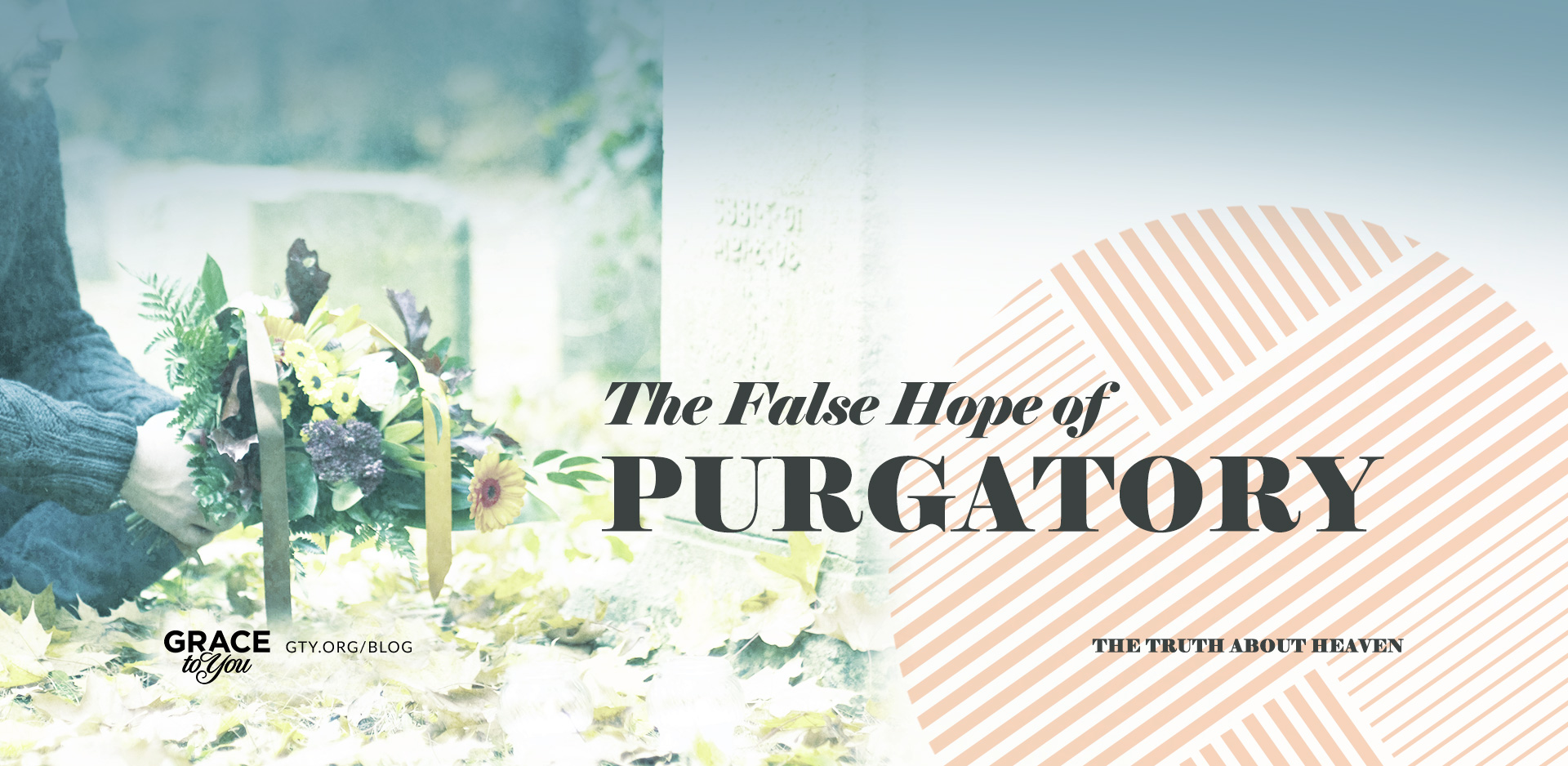notmyfault2020
Platinum Member
- Oct 7, 2022
- 6,542
- 3,210
- 893
- Banned
- #1
And of course, he couldn't deny that the JWs only go back to something like the 19th century.
Now some here are going to say the JWs are a cult or whatever and I tend to agree.. but they are a protestant group.. one of the 60,000 we have since the heretic Luther busted up Christ's Church
because he couldn't adhere to the Commandments of Christ
true story.
Luther is a legend, but only among protestants who don't want to study Catholicism. If they only knew all the vile things I know about Luther.. he would not be a hero to them anymore.. except for the liberal ones among them, who are not Christian at all of course.
Now some here are going to say the JWs are a cult or whatever and I tend to agree.. but they are a protestant group.. one of the 60,000 we have since the heretic Luther busted up Christ's Church
because he couldn't adhere to the Commandments of Christ
true story.
Luther is a legend, but only among protestants who don't want to study Catholicism. If they only knew all the vile things I know about Luther.. he would not be a hero to them anymore.. except for the liberal ones among them, who are not Christian at all of course.



